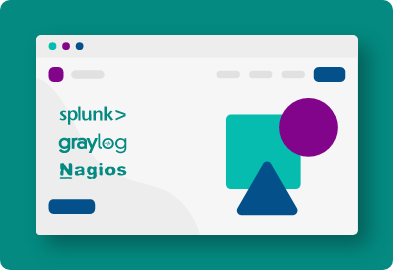Welcome back! Over the past few posts, we've taken a deep dive into various technologies crucial for building robust enterprise systems. We've covered everything from front-end technologies to CI/CD tools. Today, we're switching gears to talk about an exciting concept in the world of software development—Serverless Architecture.
What is Serverless Architecture?
At its core, serverless architecture refers to a model where the developer doesn't need to worry about the server even though the servers still exist. The term "serverless" means that the developers don't have to manage, provision, or maintain the servers to run applications, databases, and storage systems. Instead, these tasks are taken care of by the cloud service provider.
Serverless architecture simplifies the process of deploying and running an application. It eliminates the need for system administration, as the infrastructure is completely taken care of by the service provider. The serverless model is event-driven, with resources allocated as soon as they are needed (for example, when a user interacts with your app), which can lead to cost efficiency.
Advantages and Disadvantages of Serverless Architecture
Serverless architecture offers many benefits, including reduced operational costs, faster deployments, and automatic scaling. However, it also has some drawbacks, such as potential cold start delays (time taken to allocate resources for a function) and the potential for vendor lock-in.
Now, let's look at some technologies used in serverless architectures:
While serverless architecture might not be suitable for every use case, it's definitely a powerful model that offers significant benefits for certain applications. As always, whether or not to use it will depend on your specific needs and constraints.























